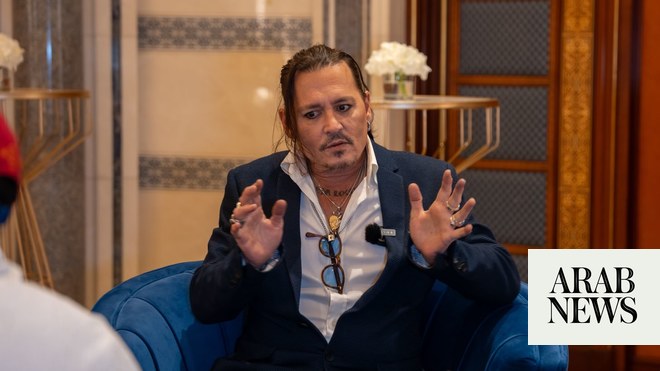
CHENNAI: Jordanian film “Farha” is competing in the Red Sea International Film Festival’s Red Sea Competition section and saw its first screening at the event take place on Wednesday night.
The film opens on a cheerful note that soon turns dark as it rolls along, bringing death, destruction and displacement to the silver screen. Penned and helmed by Darin J. Sallam, it is set in a small village in 1948, the year Israel declared its independence and the Nakba began as Palestinians were driven out of their homes en masse.
It is in this atmosphere that 14-year-old bubbly Farha (Karam Taher) is making plans to begin school. She is certain she can convince her father, Abu Farha (Ashraf Barhom), to let her study, although he wants her to settle down and get married. This passion for education gripped me and the importance of encouraging young girls’ literacy is one of the most compelling themes of the film — even though it is not the main subject matter.
Just when things seem to be going her way, Farha’s village is attacked and her father locks the girl in the family’s cellar saying he will be back soon.
Inspired by real-life incidents, Sallam’s work portrays the violence taking place outside the cellar with Farha watching through a small opening. The film explores the brutality of the soldiers, and also depicts a microcosm of the human will to survive through Farha’s attempts to cling to life in the cellar with no water or food, all while in debilitating fear in this nail-biting film.
We see the human cost of conflict and how emotionally and physically difficult it is to live through such events, all through the experience of one young girl.
First-time actress, Taher carries the work with dedicated brilliance conveying an amazing arc of hope and despair, suffering and joy. Her eyes light up as she watches the birth of a child outside her cellar and the joys of new motherhood, but she pales moments later with the arrival of soldiers. Against all this, Farha’s drive to survive is a lesson in sheer willpower.
The frames are sparse but powerful, with production design by Nasser Zoubi and arresting photography by Rachelle Aoun.












